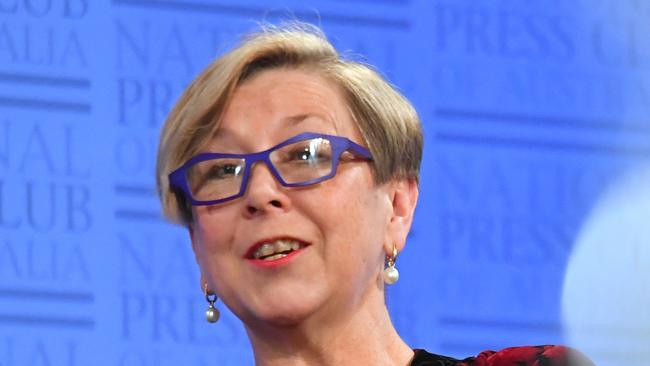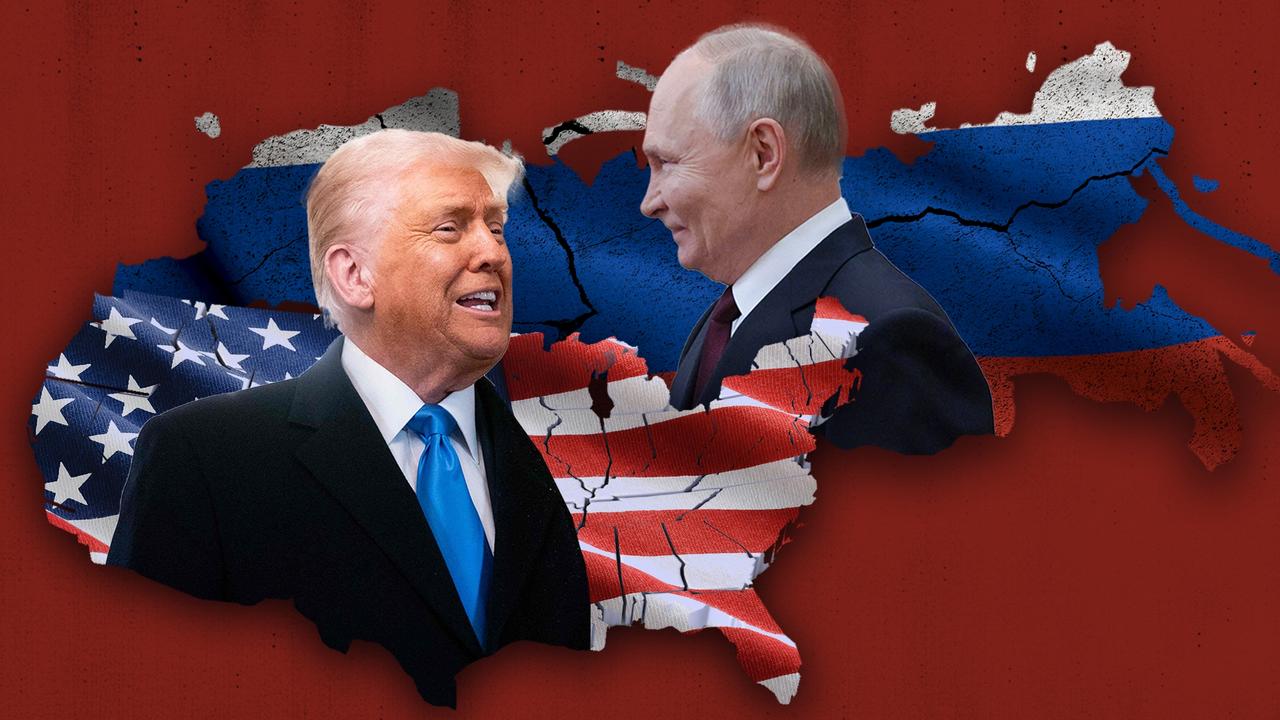Same but different: push to switch drugs
Doctors are being urged to switch to prescribing ‘biosimilar’ versions of expensive designer drugs to slash costs to the Pharmaceutical Benefits Scheme.

Doctors are being urged to switch to prescribing “biosimilar” versions of expensive designer drugs, in a move that is set to slash hundreds of millions of dollars in costs to the Pharmaceutical Benefits Scheme.
Eight of the top 10 most expensive drugs to the PBS are precision-based medicines known as biologics, used to treat some cancers and auto-immune diseases, as well as diabetes and other chronic conditions. There’s now a push for doctors to prescribe and pharmacists to dispense biosimilar versions of these drugs, which are a fraction of the cost.
Biologics are created by biologic processes, as distinct from medicines that are chemically synthesised. They are being increasingly prescribed by doctors, but they are expensive, and represent the fastest-growing segment of PBS expenditure.
In 2018-19, eight of the 10 most expensive PBS medicines were biological medicines, costing the federal government over $1.8bn.
Biosimilar medicines are a highly similar version of an original brand biologic, with no meaningful clinical differences.
Former federal Health Department boss Jane Halton has just been appointed the inaugural indepedent chairwoman of the Generic and Biosimilar Medicines Association.
Ms Halton is currently playing a pivotal role in COVID-19 vaccine development as chairwoman of the Coalition of Epidemic Preparedness Innovations. During her time at Health, she led a major push to expand the availability and uptake of generic medicines under the PBS. Now, the push for greater uptake of biosimilar medicines will be one of her main missions as chair of the GBMA.
“We certainly think there’s hundreds of millions of dollars in savings available over the next five to 10 years,” Ms Halton said. “There’s going to be more and more biosimilar medicines come onto the market. If hundreds of millions of dollars are able to be saved, that means that there will be money to list the new medicines that come along.”
Biologics are very expensive to produce as they are generally manufactured in bioreactors that house genetically engineered microbes or mammalian cell cultures. Many of the new precision-based biological cancer drugs are monoclonal antibody therapies, which deliver laboratory-produced molecules to the body that serve as substitute antibodies that trigger an immune response.
The most expensive drug to the PBS is the biologic aflibercept, used to treat macular degeneration. It cost the PBS $392m in 2019-20 for 315,200 prescriptions. The next most expensive drug to the PBS is nivolumab, a biologic monoclonal antibody cancer drug used to treat melanoma, which cost taxpayers $345m for 51,882 prescriptions in 2019-20. And the immunotherapy pembrolizuma, also a biologic and used to treat cancer, cost $343m for 38,860 prescriptions.
Ms Halton said the PBS was a “fantastic system” and its longevity partly depended on supplying people with affordable generic drugs while subsidising new expensive ones.



